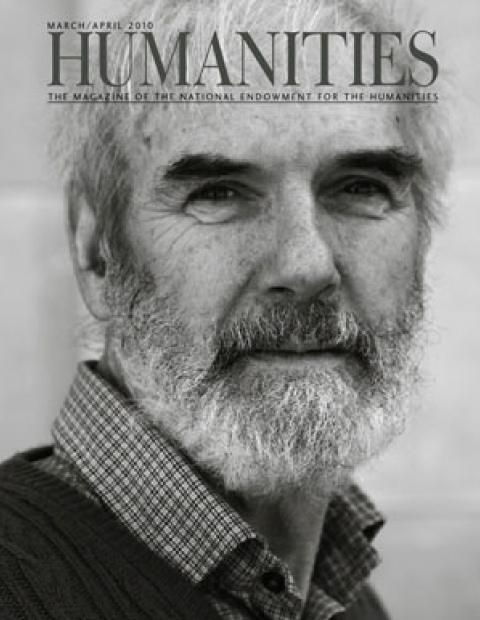Early reviews of To Kill a Mockingbird were mixed. The Atlantic Monthly called it “frankly and completely impossible.” Time magazine disagreed: “Author [Harper] Lee, 34, an Alabaman, has written her first novel with all of the tactile brilliance and none of the preciosity generally supposed to be standard swamp-warfare issue for Southern writers.” The public—and the Pulitzer Prize committee—agreed with Time; the book spent eighty-eight weeks on bestseller lists, eventually sold more than thirty million copies, and was awarded the Pulitzer Prize for Fiction in 1961. Since then, it’s been named the favorite twentieth-century novel of librarians in a 1999 poll by Library Journal, and in a 1991 survey conducted by the Library of Congress it ranked second, behind the Bible, as the book that made the most difference in peoples’ lives.
Despite the book’s immediate success, it was also condemned and banned by local school boards across the country. “Book bannings have plagued the novel since its publication, even in Alabama,” says Nancy Grisham Anderson, associate professor of English at Auburn University at Montgomery. “The reasons vary from objections to race, to the racial epithets, to ‘immoral’ issues. Bannings have continued within the past year or so in locations as disparate as Canada and Texas for reasons just as diverse: A book that uses a racial epithet is unacceptable or a book about a black man raping a white woman is unacceptable. At least the former reason is based on a reading of the novel, while the latter one is not.”
Upon hearing that the Richmond News-Leader printed a flurry of letters praising a Virginia board of education for banning the book in 1966, Harper Lee responded with this rebuke:
Editor, News-Leader:
Recently I have received echoes down this way of the Hanover County School Board’s activities, and what I’ve heard makes me wonder if any of its members can read.
Surely it is plain to the simplest intelligence that “To Kill a Mockingbird” spells out in words of seldom more than two syllables a code of honor and conduct, Christian in its ethic, that is the heritage of all Southerners. To hear that the novel is “immoral” has made me count the years between now and 1984, for I have yet to come across a better example of doublethink.
I feel, however that the problem is one of illiteracy, not Marxism. Therefore I enclose a small contribution to the Beadle Bumble Fund that I hope will be used to enroll the Hanover County School Board in any first grade of its choice.
Harper Lee
Monroeville, Ala.
A few years after the initial firestorm, Lee retreated to her home in Monroeville, never publishing another book and rarely granting interviews. Because of this, myths have swirled around the book and its author. The most persistent is that it was not Lee, but her friend Truman Capote, who authored the book. Anderson addresses this error and others in her talk, “To Kill a Mockingbird: Successes and Myths,” at the Harbert Center in Birmingham on May 11.
Additional events celebrating the book’s fiftieth anniversary include a traveling art exhibition on display at the Birmingham Civil Rights Institute through May 14 and at the Stonehenge Gallery in Montgomery May 18–21 with a screening of the movie at the Capri Theatre in Montgomery on May 20. Art from the exhibition will be auctioned at Wynfield Estates in Montgomery on May 22. Guests at the auction include Alabama’s Pulitzer Prize winners Rick Bragg, Joey Kennedy, and Harold Jackson, as well as Mary Badham, who played Scout in the 1962 film. Attendees will get a preview of the documentary Our Mockingbird by Sandra Jaffe.
Fifty years after publication, To Kill a Mockingbird continues to sell about a million copies a year worldwide and is taught in schools in the United States, Europe, Canada, and Australia. “This is a phenomenal record for a single book,” says Anderson. “Readers everywhere, regardless of nationality, can recognize the characters and their struggles with right and wrong and their courage to undertake a task even when failure is the inevitable outcome.”


